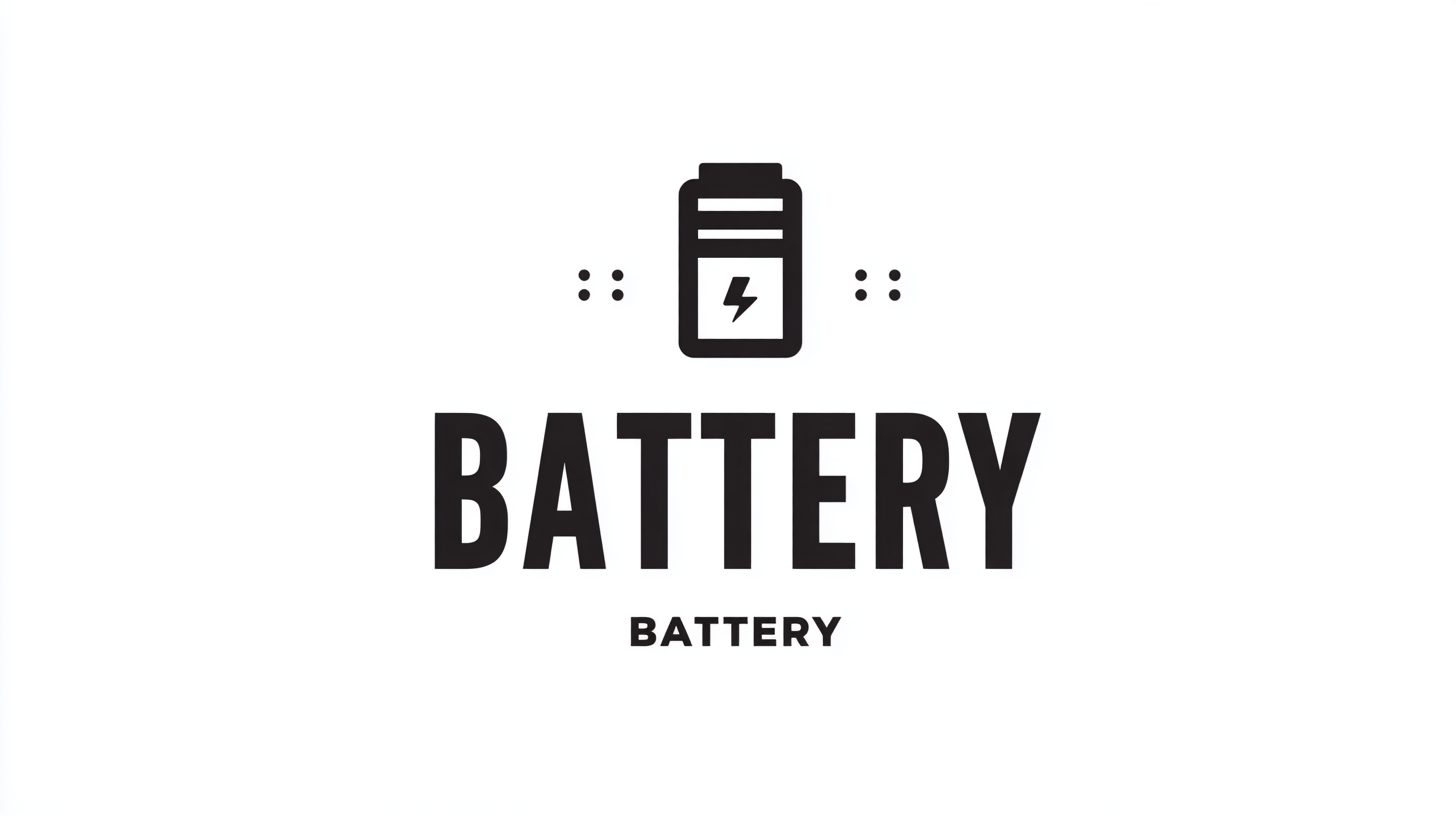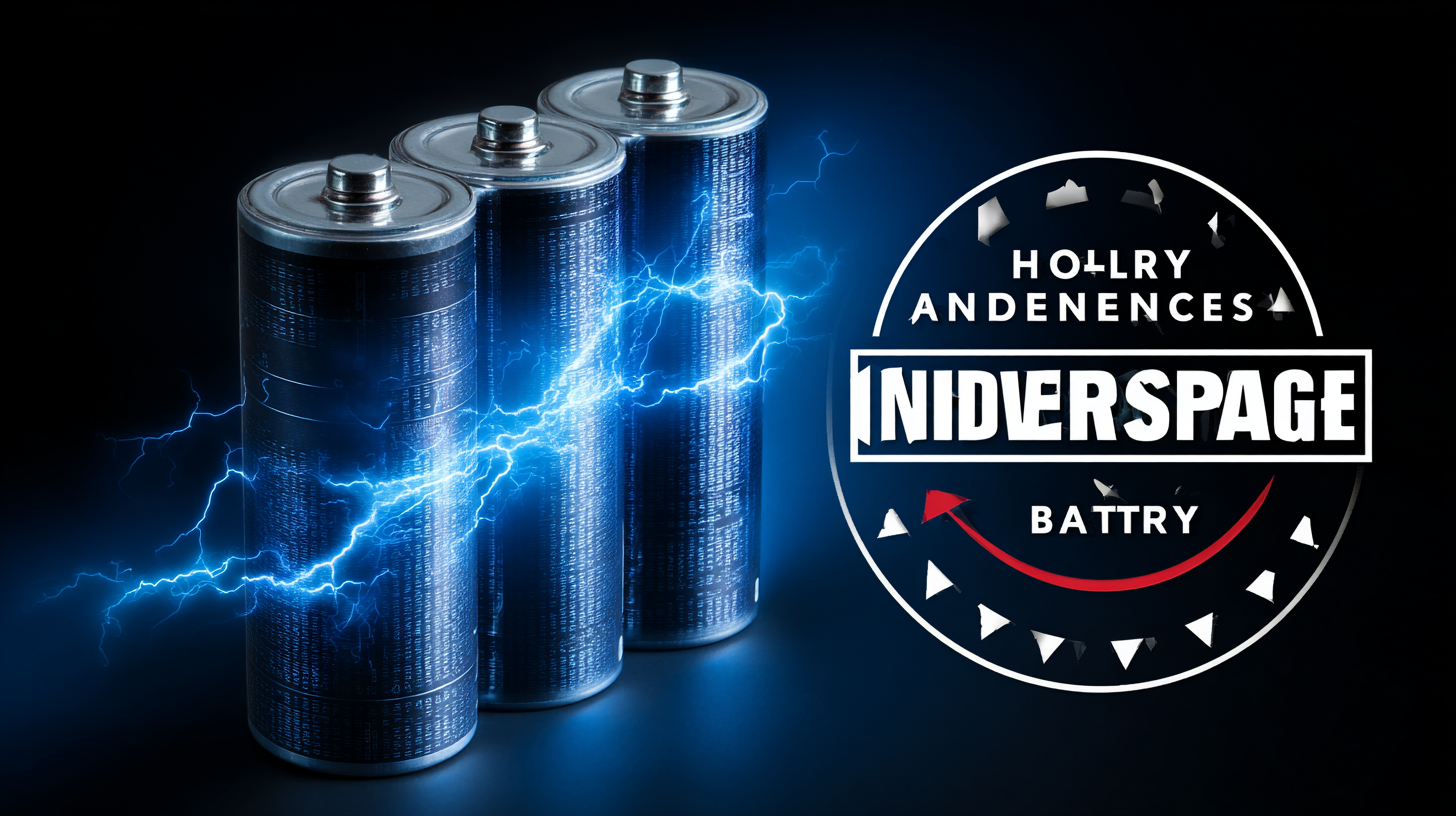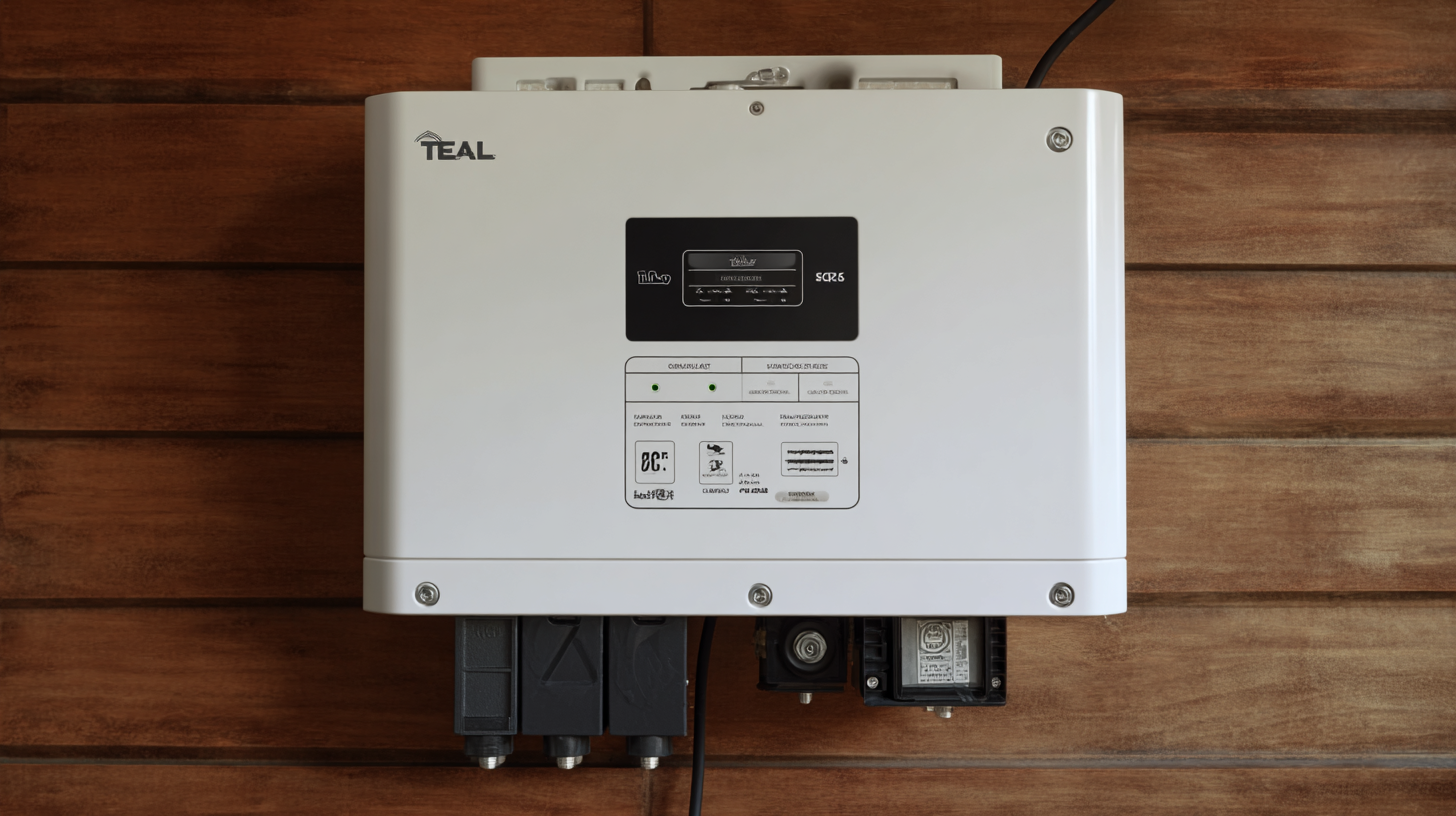As the global energy landscape continues to evolve, the quest for energy independence has become more pressing than ever. The rise in residential energy storage solutions, particularly the Home Solar Battery, offers homeowners a viable pathway to achieve this independence. According to the U.S. Energy Information Administration, nearly 30% of U.S. households are expected to adopt solar energy solutions by 2030, with battery storage playing a crucial role in maximizing these systems' potential. Home Solar Batteries not only allow homeowners to store excess energy generated during the day for use at night but also provide backup power during outages. In fact, a recent report from the International Renewable Energy Agency (IRENA) projects that energy storage capacity could reach 2,500 gigawatt-hours globally by 2030, bolstering the reliability and efficiency of renewable energy sources. This blog will explore the technical specifications of leading products in the market and the step-by-step process to select and install a Home Solar Battery that best fits your energy needs.

Achieving energy independence has become a crucial goal for many homeowners, and home solar batteries play a pivotal role in this transformation. According to a report by the National Renewable Energy Laboratory, integrating solar batteries can increase self-consumption of solar energy up to 80%, significantly reducing reliance on the grid. This capability not only enhances energy security but also provides a buffer against fluctuating electricity prices, as homeowners can draw from their stored energy during peak hours or outages.
To maximize the benefits of solar batteries, consider these tips: First, assess your energy consumption patterns to determine the right battery size for your home. A well-sized system ensures that you can store sufficient energy for nighttime use and emergencies. Additionally, invest in smart battery management systems that optimize charging and discharging, potentially extending battery life by up to 30%, as noted by industry analysts.
Furthermore, take advantage of any available incentives — such as tax credits or rebates — which can significantly offset the initial investment costs of solar batteries. With these strategic moves, homeowners can enjoy not only the financial benefits of reduced energy bills but also the peace of mind that comes with true energy independence.

Home solar batteries are revolutionizing energy consumption for homeowners, offering a smart solution for both energy savings and independence. By storing excess energy generated from solar panels, these batteries enable households to use solar power even when the sun isn't shining. This capability reduces reliance on the grid, leading to significant savings on electricity bills. Additionally, home solar batteries can optimize the use of utility time-of-use rates, allowing homeowners to draw power during off-peak hours, where rates are lower, and use their stored energy during peak times when electricity costs soar.

Moreover, the financial advantages of solar batteries extend beyond immediate savings. Investing in a home solar battery enhances property value and positions homeowners for potential future benefits, such as grid outages or rising energy prices. As energy independence becomes increasingly important, having a solar battery system ensures consistent power supply while contributing to a more sustainable lifestyle. With incentives and rebates available in many areas, the initial investment can lead to long-term financial benefits, making it a smart choice for energy-conscious homeowners.
As the demand for sustainable energy solutions continues to rise, understanding the industry standards that influence solar battery performance and reliability is crucial. The increasing integration of renewable energy sources into grid-connected microgrids introduces complex challenges in power generation, highlighting the need for reliable battery energy storage systems (BESS). Recent trends emphasize that the true value of BESS lies in their consistent and reliable operation, especially during grid outages.
When considering the purchase of a solar battery, look for products that meet the latest reliability standards. Ensure that the battery is designed to handle fluctuations in power supply and demand, which is essential for maintaining energy independence. It's also advisable to select batteries that have been tested and rated for performance by reputable institutions, as this can greatly impact long-term reliability and efficiency.
**Tips:**
1. Always check for compliance with the newest industry standards, as this can indicate the device's reliability in various conditions.
2. Consider the warranty and support offered by the manufacturer; a longer warranty often reflects the confidence of the provider in the product's performance.
3. Stay updated on advancements in battery technology and integration methods, as these can affect both performance and overall energy independence in your home.
The role of import and export certifications has become increasingly significant in the solar energy sector, particularly as countries strive for energy independence. In the context of home solar battery systems, these certifications ensure that products meet specific safety and quality standards required for international trade. For manufacturers looking to export solar energy products, compliance with these certifications can enhance marketability and instill consumer confidence. As evidenced by recent trends, countries like Vietnam and Indonesia are focusing on optimizing technological advancements and regulatory frameworks to boost their export capabilities, which includes renewable energy technologies.
Furthermore, the ongoing challenges faced by domestic solar module manufacturers highlight the necessity for stringent quality regulations. Developers have reported that locally produced modules often do not match the efficiency and reliability of their export counterparts. By emphasizing high standards and certifications, countries can foster a competitive edge in the global market, ensuring that their solar energy products are not only environmentally friendly but also commercially viable. This is essential as nations navigate the complexities of trade barriers and environmental regulations, ultimately leading to a more sustainable energy future.
| Advantages | Impact on Energy Independence | Import Certifications | Export Certifications |
|---|---|---|---|
| Cost Savings | Reduces electricity bills and reliance on grid | UL, CE Certification | ISO 9001, ISO 14001 |
| Energy Storage | Allows usage of stored energy during outages | RoHS, RCM Certification | IEC 62619 |
| Environmental Benefits | Lowers carbon footprint and promotes sustainability | ENERGY STAR | TüV, CEC Certification |
| Increased Property Value | Enhances home marketability and value | CB Scheme | MCS Certification |
| Energy Independence | Decreases reliance on traditional energy sources | FCC, TUV Rheinland | SAA Certification |
The evolution of home energy systems is rapidly transforming how we utilize solar power, with the latest advancements in battery technologies at the forefront. One notable trend is the integration of energy storage solutions with smart home technologies, which not only enhances efficiency but also empowers homeowners to manage their energy use effectively. According to recent projections, by 2050, up to 47% of U.S. homes equipped with rooftop solar will rely on advanced home energy storage systems, fundamentally changing our reliance on traditional energy sources.
Moreover, innovative breakthroughs such as water-based flow batteries and compact nuclear batteries promise to redefine the energy storage landscape. The new generation of batteries boasts features like extended lifespans and minimized ecological impact, making renewable energy storage more accessible and affordable for everyday households. For instance, a groundbreaking water flow battery has been reported to deliver 600 full-power cycles without capacity loss, setting a new standard for energy reliability. As these technologies are showcased at upcoming international exhibitions, we are only beginning to unlock the full potential of home solar battery advantages, leading to a more sustainable and energy-independent future.
This chart illustrates the capacity and output efficiency of various home solar battery technologies, showcasing their advantages in facilitating energy independence and sustainability at home.